PEOPLE - How Viviane Reding does interesting balancing acts
Bertelswoman

Photo: Lisbon Council (CC BY NC-ND)
Viviane Reding’s proposals read like a wish list from private media groups to Santa Claus
A historic vote will be held in the Chamber on May 3, 2022. For the first time, a bill is to be voted on, with which money should flow directly to RTL Luxembourg. Although RTL has already been supported with around 10 million per year since 2020, up to 15 million should now flow each year for the period from 2024 to 2030 - a financing law has become indispensable. Before the vote begins, Claude Wiseler, Gilles Baum and Yves Cruchten declare that they will not be able to take part in the vote. These three deputies are on the board of directors of CLT-UFA, the group to which RTL Luxembourg also belongs.
She has already shown several times that ethical rules do not apply to her: The one who will remain in office and vote for the financing law is Viviane Reding (CSV) - even though she is currently also on the board of trustees of the Bertelsmann Foundation.
The Bertelsmann Foundation is one of the most influential lobby organizations in Europe and advocates, among other things, for the privatization of state-owned companies. A historical example is the lobbying work of the Bertelsmann Foundation for the deregulation of private television through the abolition of state control authorities. A demand that Bertelsmann has been aggressively bringing into the conversation since 2000. The Bertelsmann Foundation also owns the main part of Bertelsmann. The foundation is financed through the group, which also includes CLT-UFA.
Viviane Reding voted in the Chamber of Deputies a financing law for the subsidiary of a group, for which she is paid directly in a supervisory board. There was no comment in the Chamber of Deputies or in the press in Luxembourg. Did anyone notice?
A neoliberal media commissioner
The fact that Viviane Reding was allowed to vote is one thing. The other thing is that Viviane Reding ironically voted in a law that gave the largest private media outlet in Europe a state contract. Everywhere in Europe, Bertelsmann advocates privatization - but in Luxembourg they like to collect millions directly from the state and present themselves as a „public service“. Not only Bertelsmann, but also Viviane Reding is known for her hard-line neoliberal stance. Immediately before Viviane Reding took up her seat on the board of trustees of the Bertelsmann Foundation, she was still an EU Commissioner.
„Reding’s liberal raid“ is the title given by the French newspaper Liberation to its analysis of the controversial „Television sans frontieres“ directive, which Viviane Reding presented in her capacity as EU Media Commissioner in 2005. Viviane Reding’s proposals read like a wish list from private media companies to Santa Claus: practically no more limits on advertising, no more quotas for European productions on European TV, deregulation of teleshopping.
And of course: the maintenance of the „principle of origin“. For TV channels, the rules of the countries where these channels are registered should apply - not where they are broadcast. The best example of this practice is, as one might imagine, Luxembourg. The Luxembourg CLT-UFA broadcasts to Belgium, the Netherlands and France, among others, and circumvents the respective national laws there.
A directive very much in line with Bertelsmann’s ideas
The „Television sans frontieres“ (TSF) directive was originally launched by the then Commission President Gaston Thorn as „flagship of the European internal market“ and was therefore in Luxembourg’s hands from the start. After Gaston Thorn , Jean Dondelinger and Jacques Santer, the EU dossier was now on Viviane Reding’s desk. On a national level, Luxembourg’s Minister of Media Jean-Louis Schiltz prepared to support Viviane Reding. In the end, the Media Commissioner’s plans coincided with those of the Luxembourg government. And of CLT-UFA. And of Bertelsmann.
Bertelsmann already reacted enthusiastically to Commissioner Reding’s first draft on the reform of the TSF Directive. In its statement „Comments on the Commission Consultation on Rules Applicable to Audiovisual Content Services“, Bertelsmann makes it clear and mentions its favorite Commissioner personally: „Bertelsmann supports Commissioner Viviane Reding in her commitment to maintain a solid, forward-looking regulatory scheme for cross-border TV“.
Bertelsmann goes into detail about why Viviane Reding’s proposals are in line with the ideas of the powerful media group. Well done, Madam Reding. Or should we say better, well done, Martin Selmayr. That is the name of Reding’s media policy spokesman and head of cabinet at the time. He defends the project to the press, for example, with the underhanded argument „Product placement would be nothing new“. Martin Selmayr, where did he actually work before he worked for Viviane Reding? Oh yes, that’s right, for Bertelsmann, as chief lobbyist in the Brussels office.
But before we judge too quickly: Can Viviane Reding be accused of being ideologically on the same wavelength as the Bertelsmann media empire? Viviane Reding has always been known as a steadfast and sovereign politician. Is it unfair that Politico includes Viviane Reding in its report entitled „How Europe’s biggest media company infiltrated the EU“ among the Bertelsmann confidants? Didn’t Viviane Reding simply act according to her principles?
The circle closes
One could say that Viviane Reding is best acquainted with the Bertelsmann dossier, where after her time as an EU Commissioner and a short time in the EU Parliament, she finds her way back into national politics. At the moment, as mentioned, she has been sitting at the Bertelsmann Foundation for some time and earns quite well. Since the CSV did not make it into the government after the 2018 elections, Viviane Reding’s plan to become a minister did not work. However, she will continue her parliamentary mandate and sit on the opposition bench.
Viviane Reding sat in the Chamber for the first time in 1979 - and there she already managed an exciting balancing act, by being both an MP and a journalist for the Wort. The balancing act of 2020 is, however, considerably more interesting. The patron saint of free trade sits on the media committee in the Chamber of Deputies and is therefore not only involved in voting, but also in drafting the law on state subsidies for Bertelsmann. Viviane Reding has probably never been an ideologue, but has long been a Bertelsmann supporter.

















